The Rheinmetall SSW40 – Squad Support Weapon 40mm
- By Travis Pike
Share This Article
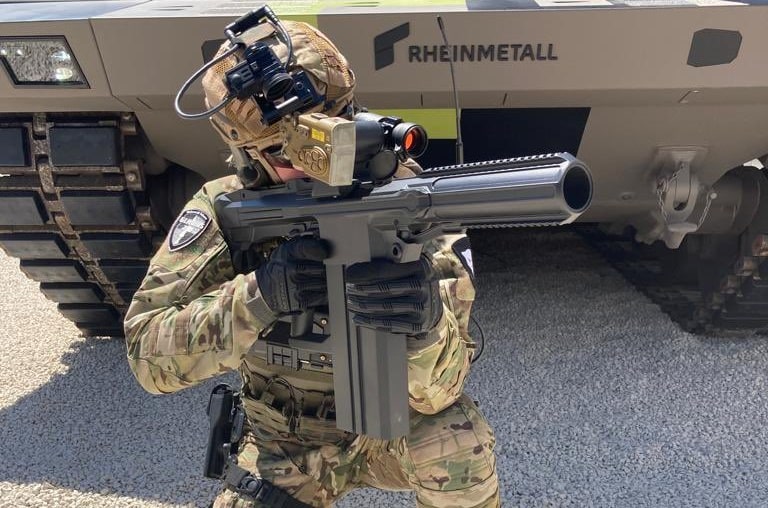
One of the most comforting noises an infantryman can hear in the midst of a firefight is the distinctive bloop-like sound of a 40mm grenade launcher. Predictably followed by an explosion, that bloop is a force multiplier in an infantry squad. Portable grenade launchers and modern grenadiers have become a vital part of the infantry squad. They are revolutionary tools, and Rheinmetall aims to revolutionize the concept even more with the SSW40.
The SSW40 looks like a rifle straight out of a 90s comic book. It’s massive, quasi-futuristic, and seemingly belongs in some weird sci-fi film I watch late at night. In reality, that massive assault rifle-like design is a grenade launcher. Specifically, it’s the world’s first magazine-fed, 40mm, shoulder-fired, automatic grenade launcher.
Rheinmetall describes the SSW40 as automatic. Does that mean it’s fully automatic? I doubt it, and I’m willing to bet it’s semi-automatic. Automatic is often used to describe weapons that automatically load or self-load. Although I’m eager to be wrong, and if it’s a full auto, shoulder-fired grenade launcher, it’s certainly novel.
Development of the SSW40 began in 2016, or at least that’s when we first saw a weapon known as the Hydra. Cool name for a prototype, and it was listed as a fully automatic weapon at the time. I don’t see a lot of purpose for a full auto, shoulder-fired grenade launcher. Such a weapon demands control and accuracy, and a stray 40mm could easily lead to unwanted casualties.
The SSW40 in 2022
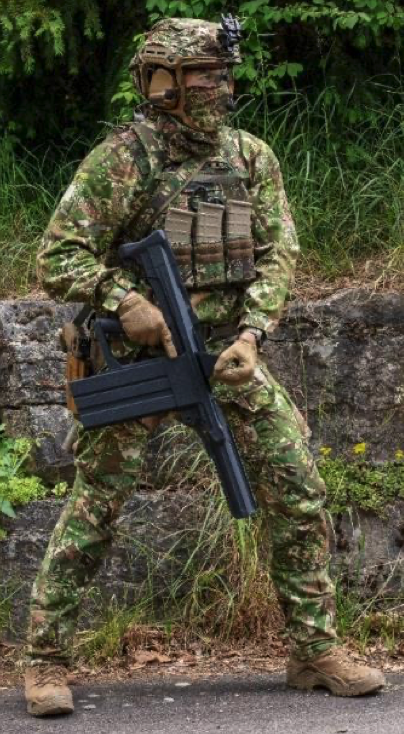
Rheinmetall touts the SSW40 as compatible with their new medium velocity 40mm grenades and low velocity 40mm grenades. The medium velocity rounds extend the weapon’s effective range to 900 meters. For comparison, the M203 has an effective range of about 350 meters.
That’s some serious range, and being able to launch 40mm grenades that far will undoubtedly give an edge to a squad armed with the SSW40, especially in a near-peer confrontation. 40mm grenades are undoubtedly robust and capable of decimating infantry, but as a squad support weapon could be pretty versatile.
Engaging machine gun nests, hardened positions, and light vehicles would all be within the realm of the SSW40 and at longer ranges than most other grenade launchers. That kind of capability would be inherently valuable to troops on the ground.
The SSW40 features all the modern rails necessary to outfit the weapon with lights, optics, lasers, and more. At a little under 10 pounds, it’s not super heavy, and that’s a practical consideration for soldiers.
Related: Russia’s answer to the M4: Breaking down the new AK-12
The ammo
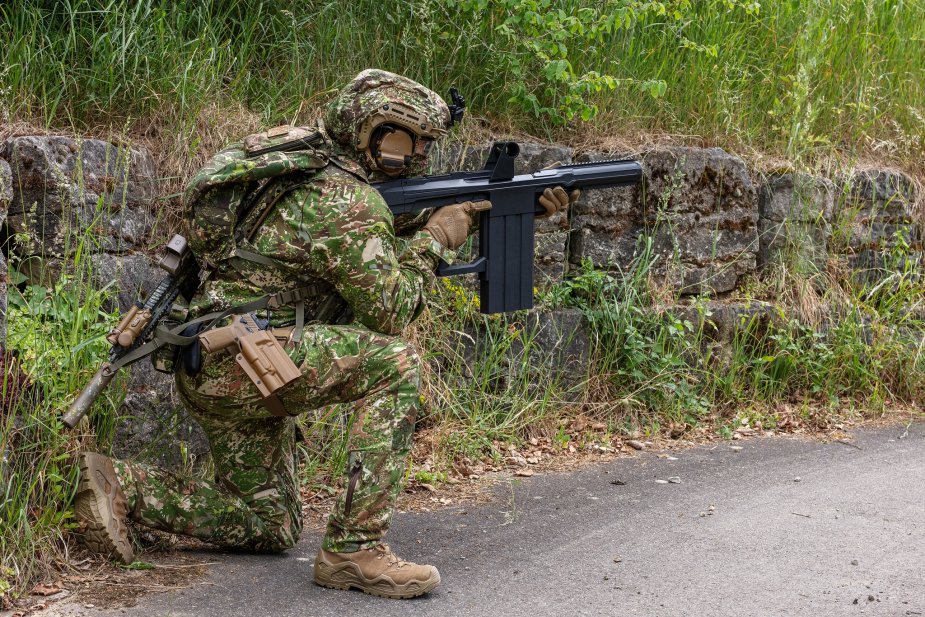
Rheinmetall has an entire lineup of medium velocity ammunition, including:
HE Fragmentation (HEFRAG16)
Anti-Tank (HEDP16)
Door Breaching (HEBE14)
Air Burst (HEAB)
Training (TPM, TPM-T)
Illumination / Fog
Sound & Flash and Stimulus Ammunition (CS)
Anti-tank capabilities from a 40mm grenade launcher sound pretty optimistic. Maybe anti-light armored vehicle capabilities are possible, but I don’t think this thing will stop any modern tank. The airburst also gained my attention. This idea has some roots in the XM25 OICW weapon and proved pretty handy during its limited trials in Afghanistan.
It’s relatively simple. The round can explode above or beside an enemy hidden by cover and effectively kill them. Typically it’s a programmed airburst for a specific range. It’s a practical idea to practically eliminate the concept of cover from the enemy.
Related: Grenade launchers are firing a lot more than grenades these days
Predictive problems with the SSW40
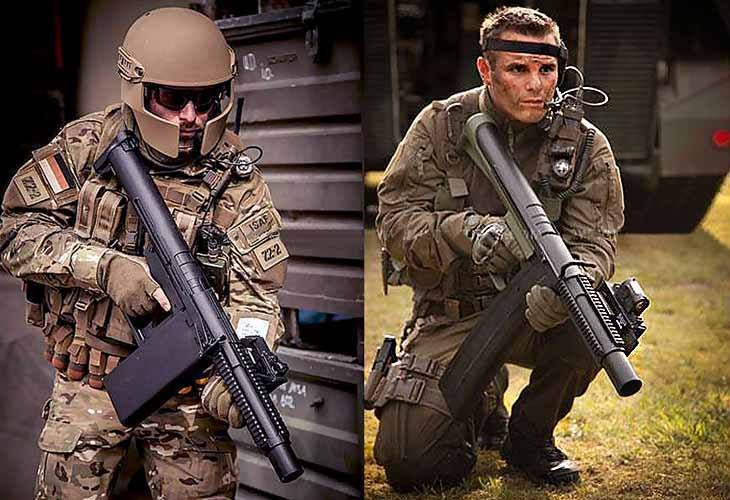
Just to be a naysayer, let’s look at some problems the SSW40 will have. First, as an automatic loading firearm, the danger of jamming is present. Will there be any danger in freeing a malfunction? We are talking about grenades. The likelihood is low since 40mm grenades have a minimal number of rotations required to detonate.
Second, the magazines appear to be massive. Carrying multiple magazines will be a hassle for a light infantryman. They seem to be thick, and you’ll need a backpack to carry several.
Third, what is recoil like with the new 40mm medium velocity loads? The blowback action used by the SSW40 mighty dampens some of it compared to a single-shot grenade launcher, but it’s still a valid question.
Finally, can the weapon fire the very low-velocity flares and smoke in a semi or full-auto fashion? The blowback action will require a certain degree of recoil to function, and if these rounds don’t create that, are we left with what’s essentially a straight-pull bolt action?
The future
The SSW40 certainly has potential. If it lives up to its hype, the extra range and rapid-fire action will deliver plenty of grenades on target when needed. Sadly we haven’t seen the weapon in a live-fire demonstration, and that’s likely because development is still moving forward. I’m betting the magazine design alone is reasonably tricky. I’ll be following the design closely and will report when I know more.
Read more from Sandboxx News
Related Posts
Sandboxx News Merch
-

‘AirPower’ Classic Hoodie
$46.00 – $48.00 Select options This product has multiple variants. The options may be chosen on the product page -

‘Sandboxx News’ Trucker Cap
$27.00 Select options This product has multiple variants. The options may be chosen on the product page -
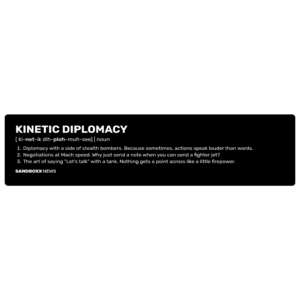
‘Kinetic Diplomacy’ Bumper Sticker (Black)
$8.00 Add to cart

Travis Pike
Travis Pike is a former Marine Machine gunner who served with 2nd Bn 2nd Marines for 5 years. He deployed in 2009 to Afghanistan and again in 2011 with the 22nd MEU(SOC) during a record-setting 11 months at sea. He’s trained with the Romanian Army, the Spanish Marines, the Emirate Marines, and the Afghan National Army. He serves as an NRA certified pistol instructor and teaches concealed carry classes.
Related to: Gear & Tech
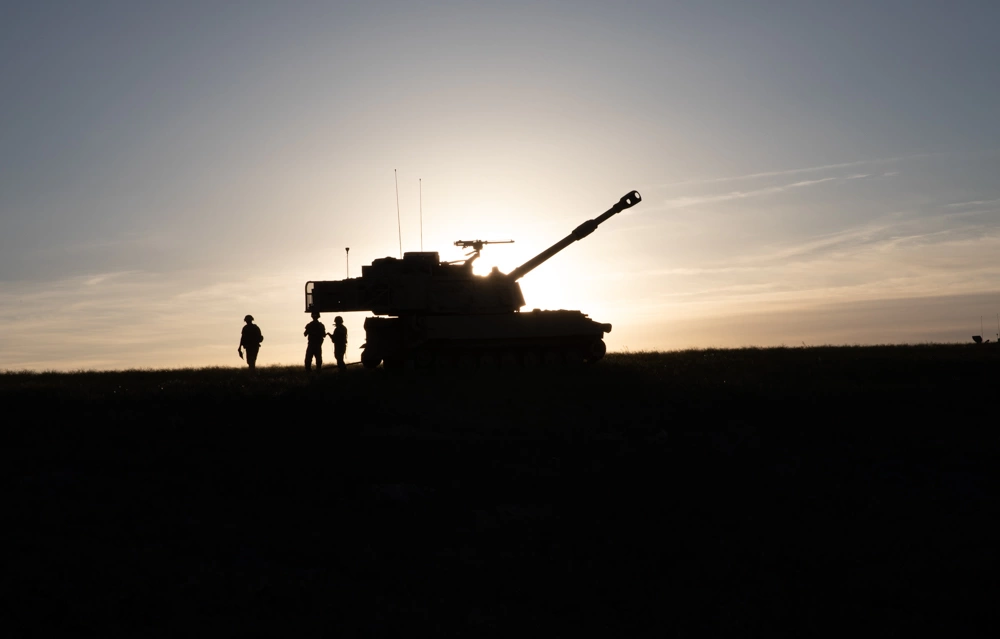
The unique world and uses of howitzers
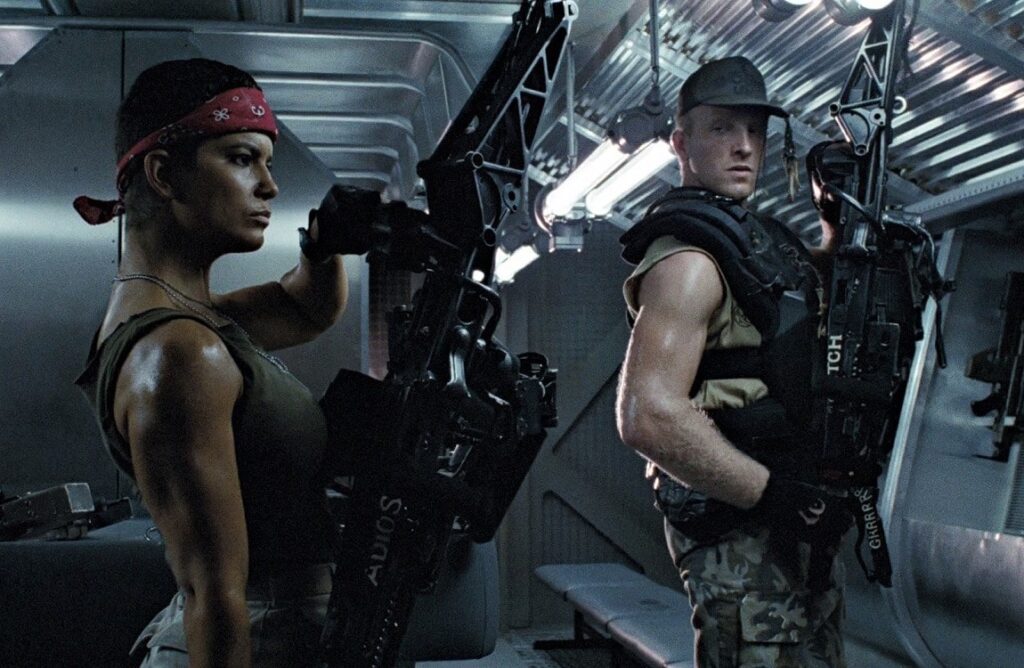
How close are the Colonial Marines from ‘Aliens’ to actual Marines
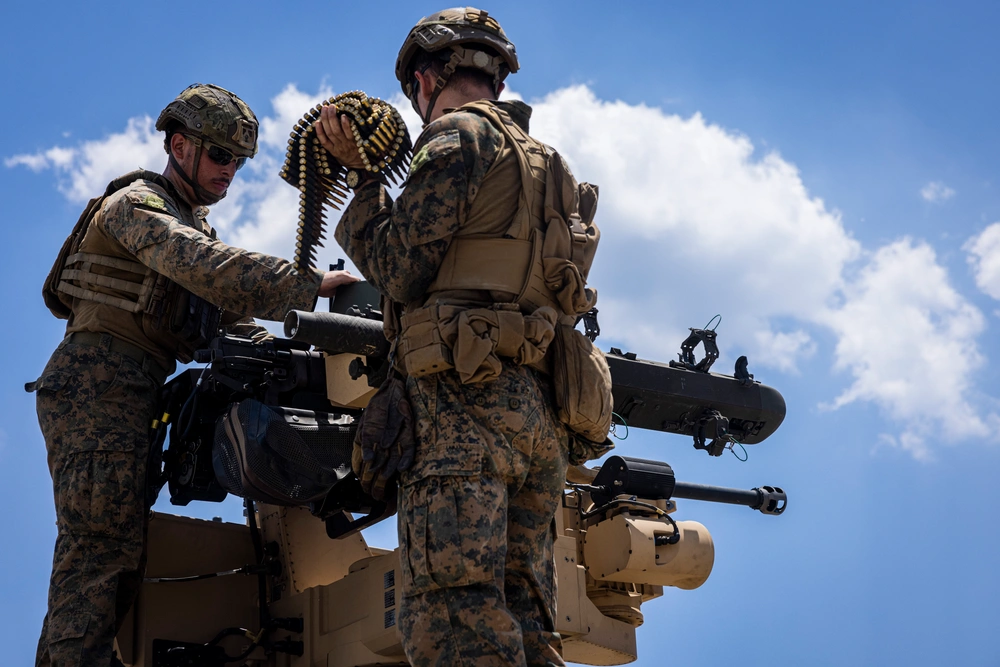
The Marines’ new air defense system is a game changer
Sandboxx News
-

‘Sandboxx News’ Trucker Cap
$27.00 Select options This product has multiple variants. The options may be chosen on the product page -

‘AirPower’ Classic Hoodie
$46.00 – $48.00 Select options This product has multiple variants. The options may be chosen on the product page -

‘AirPower’ Golf Rope Hat
$31.00 Select options This product has multiple variants. The options may be chosen on the product page -

‘Sandboxx News’ Dad Hat
$27.00 Select options This product has multiple variants. The options may be chosen on the product page
